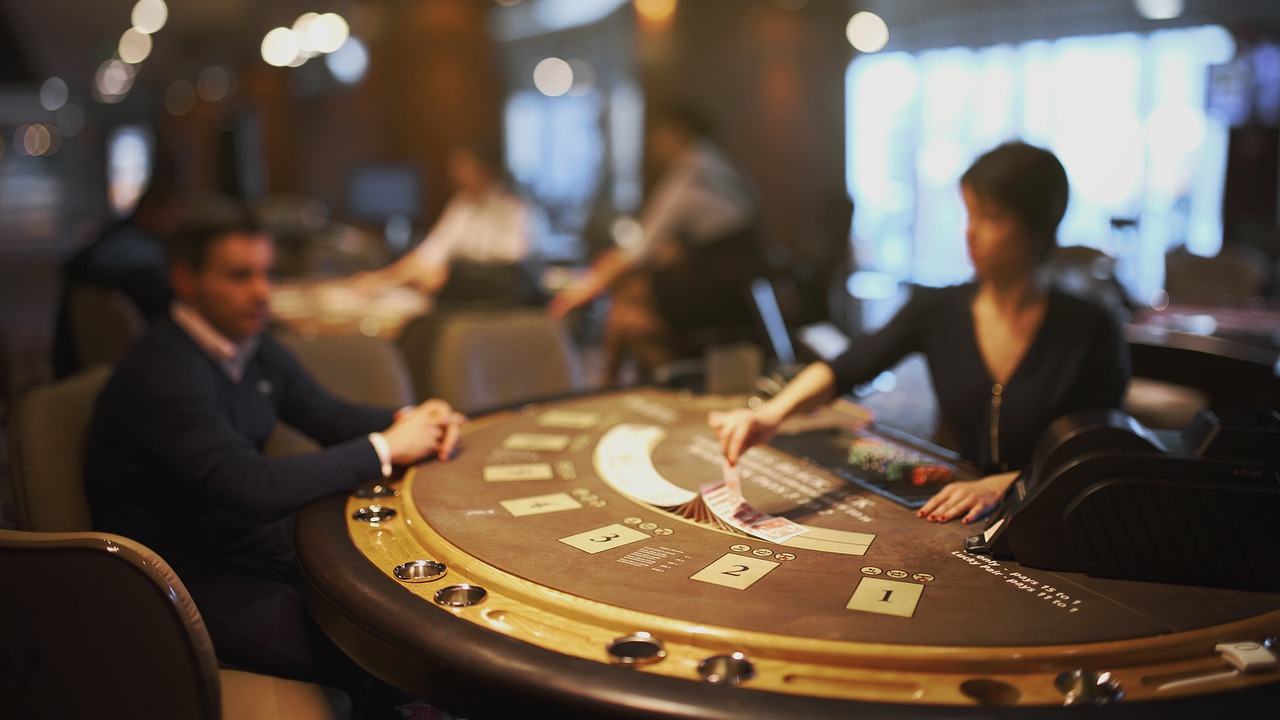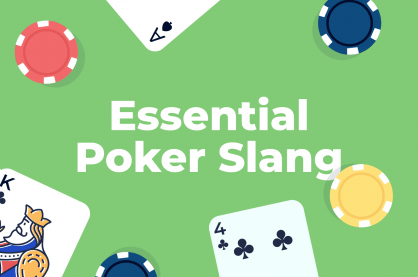Being A Casino Dealer: A Dream Job Or A Nightmare?

If you love gambling, being a casino dealer may seem like the greatest job in the world. You get to play the same games you already love, only from the other side of the table – meaning you’ll get to win a little more often than you already do.
Sure, you don’t get to keep the winnings, but they pay you, right? Plus you’ll be getting tips from grateful players, and you’ll always be at the heart of the action when someone wins a big jackpot.
With the gambling market getting more competitive every day, casinos everywhere are looking for qualified dealers to fill jobs.
But despite that initial rush of excitement you might feel when considering going into the dealer business, there are some factors you’ll want to consider before taking the plunge. Here’s a look at a few of the benefits – and drawbacks – of taking a job as a dealer at a casino.
For more information, check out our comprehensive guide to casino dealers.
The Good
1. The Tips

In the US, tips are where the real cash is made (in some other countries, dealers don’t receive tips, but are compensated with a higher base salary), and that increases the total amount a dealer might make significantly.
On an hourly basis, tips can help dealers bring in anywhere from a few extra dollars to $50 or more per hour, depending on how busy they are, what game they’re dealing, and how generous the players are. The biggest tips come from dealing poker, but with all of the rules (which can also vary from house to house), players, and pots to keep track of, it is also the most challenging and skill-intensive game to deal.
When you include tips (and any benefits the casino provides for its workers), the total amount a casino dealer can make varies tremendously. Many peg it at somewhere between $30,000 and $60,000 a year. Some dealers may make even more than that, pulling in as much as $100,000 or more (though new dealers should know that this is not typical).
Keep in mind that some casinos also pool tips between dealers, meaning that no matter how much your players are rewarding you for your service, you’ll be sharing that with your coworkers – so you’d better hope they’re doing a good job, too!
Additionally, remember that the biggest whales are not always the biggest tippers; high-roller rooms everywhere are rife with tales of pro player cheapskates (this is typically, but not always, in poker) who throw tipping etiquette out the window, tipping little or nothing after scooping massive pots.
On the other hand, sometimes lower-limit games draw more relaxed, recreational players who tip better because they are just having fun and feel like it’s all found money anyway.
2. The Training
There are some positives to becoming a dealer that you may not have considered as well. Typically, you won’t have to have too much training to get into the field: a qualified dealer school may have you ready to handle at least some games (such as dealing blackjack) in two months or less, and it may cost under $1,000 to get that training. Some casinos even offer in-house training, especially when they’re first opening.
As well as training, being a good casino dealer comes down to how you interact with the players.
For the “average” dealer, the amount of money you make will come down to how much the players like you. That means that more skilled dealers will make more in tips, but also that more personable dealers will do better.
If you’re not a “people person,” dealing definitely isn’t the profession for you.
3. The Flexibility
The scheduling of a casino can also be a positive for many workers. As most casinos are open 24 hours a day, 365 days a year, schedulers are often flexible for dealers who want to work odd hours or know they need certain times off in advance.
Of course, the scheduler can also be your worst enemy if they only assign you to slow times or they need you to work hours that aren’t convenient for you or your family, or on major holidays when the casino must still be fully staffed for players.
4. The Benefits
At casinos operated by major corporations, the benefits can also be a surprising plus. Many of these casinos offer retirement programs and health plans, as well as flexible time off that can make scheduling personal days and vacations even easier.
You may even be able to transfer to another casino owned by the same operator if you’d like to. You might expect that dealers at upscale Vegas properties would make more in tips than their counterparts at smaller regional casinos, but this isn’t always the case. Sure, if you’re dealing for high-rollers in the VIP room, you’ll want to be at a big casino: those tips are going to be massive compared to the ones you’d see on the regular floor, and those opportunities are only available at luxury resorts.
Alternatively, you could work as a dealer on a cruise ship, which can be perfect if you are willing or interested in traveling to new locations.

The Not So Good
1. The Salary
If you’re thinking about a career in casino dealing, the first thing you’ll need to understand is that the base pay for dealing poker, blackjack, baccarat or other casino games like roulette – that is, the money the casino pays you directly – is pretty slim.
When you first start out, you may very well make minimum wage (or less than), rising to $10 or more as you gain experience. According to the Bureau of Labor Statistics, the average base pay for a casino dealer is $34,350 a year.
When a dealer first starts at a new casino, they may be forced to work at games that are slower-paced, less popular, and generate fewer tips. The demand for dealers can be somewhat seasonal as well, and when the casino doesn’t need as many tables open, there won’t be as many hours of work to go around, cutting into the earning potential of working in this field.
2. The Physical Strain
While there are definitely some great things about being a dealer, there are some downsides beyond the salary.
For one, you’d better like being on your feet. Poker dealers may be able to sit and deal their game, but for any other table game, you’ll be standing throughout your shift. You’ll get breaks – a typical shift pattern for a dealer consists of an hour on the floor, followed by 20 minutes off – but all of the work you do while standing at the table adds up, and the job can be both mentally and physically tiring.
3. The Rude Players
Though many players are there for a good time, there are some who are just plain rude. You’ve probably already noticed players berating dealers for their own bad luck and poor play, and it only gets worse when dealers really do make mistakes.
But it’s not just the angry players who might get you down. If you don’t think you can deal with taking large sums of money from people at the tables, you may not be able to handle the job of being a dealer on an emotional basis.
4. You’re Being Watched

And remember, you will be under the constant and watchful eye of casino surveillance at all times; their main job is protecting their own money more than their customers’, and to that end, they watch dealers for anything that might look like cheating, collusion or out-and-out theft (of course!).
Deal or No Deal?
While we’ve definitely presented both sides of the coin in this post, we’re not trying to scare anyone away from becoming a dealer. For some, this really is a dream job, and for many others, becoming a casino dealer can be a good way to get into the gaming industry.
If you’re a people person who enjoys the casino atmosphere and can deal with the varying hours and income, then becoming a casino dealer might just be right up your alley. Want to know more? Check out Casino.org’s exclusive and in-depth guide to becoming a casino dealer.
Lead image: Anna Shvets/Pexels


